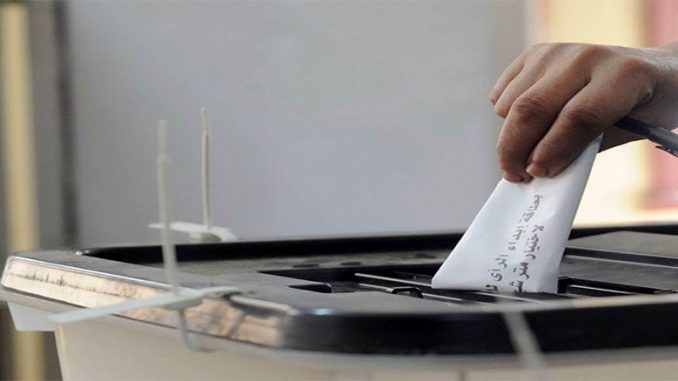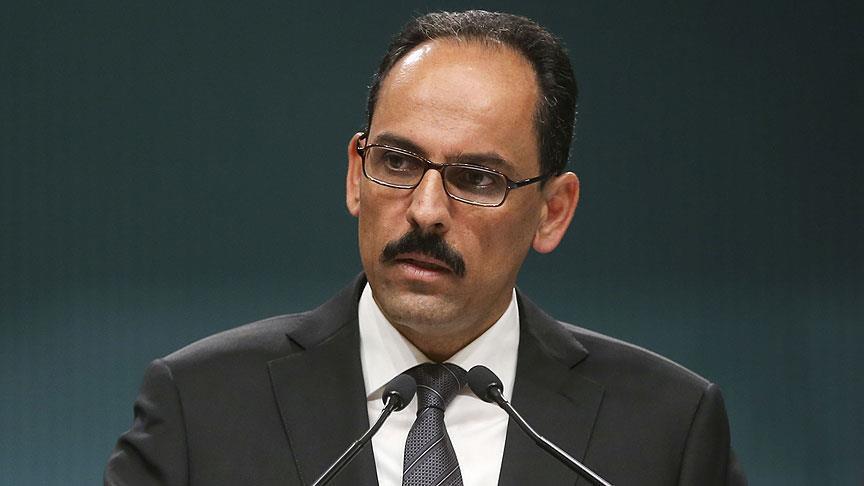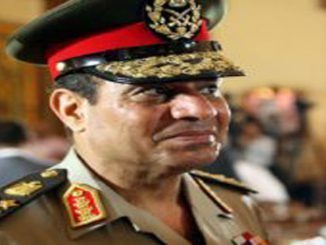
The acting head of Tunisia’s electoral commission Anouar Ben Hassen has refused demands made by opposition parties to postpone the municipal elections, which will be held in December.
This was revealed during a meeting in the capital Tunis between Ben Hassen and representatives of Tunisian political parties, who justified their demands with wishes for wider public participation and the guarantee that elections meet international standards.
During the meeting head of the Chaab movement Zuhair Al-Maghzaoui said that the announced election date on 17 December has only been approved by two parties: Nidaa Tunis – which holds 85 seats out of a total of 217 – and Ennahda Party, which holds 69 seats.
He added that “this date forced the electoral commission to fix the registration period in the summer, a time where Tunisians are preoccupied with holidays and don’t pay attention to the elections, which made the registration process a failure”.
Al-Maghzaoui believes that it is “possible to postpone the elections for a few more months in order to be fully prepared and to ensure its success, as well as the participation of the majority of Tunisian people”.
MP Jilani Al-Hammami, part of the left-wing opposition coalition the Popular Front which has 15 seats in parliament, criticised the electoral process. He questioned the “usefulness of the progress achieved in the process of voter registration and submission of candidacies at a time where the commission is still waiting for the approval of a law on the division of municipalities and another law on organising the work of local authorities, as well as the creation of branches of the administrative court that will specialise in appeals and legal procedures for the municipal elections”.
In response to the postponement request Ben Hassen said that this is unlikely to happen and assured that the “commission is fully ready to complete the electoral process”.
He also pointed out that “in the period extending from 19 June to 10 August, the number of registered voters was more than 500,000 new voters, which increased the total number to 5,813,000 registered voters”. The total number of eligible voters is about eight million, according to the head of the Commission.
Ben Hassen announced that the presentation of candidacies to the municipal elections will be held between 19 and 26 September. The meeting was attended by representatives of Nidaa Tunis, the Popular Front, Tunisian Project Movement, Al-Massar Party, and the People’s Movement, according to the Anadolu correspondent.
Tunisia’s local elections were supposed to take place in 2016 yet disagreements over some articles of the elections regulating law prevented that. It is expected that the military and police officers will participate in these elections for the first time in the history of Tunisia.
Municipal councillors will be elected in 350 municipal districts, including 86 new municipalities and 24 provincial councils.
During all the years that followed the ousting of Zine El Abidine Ben Ali in 2011, the municipalities in Tunisia were run by private commissions composed of a group of individuals responsible for managing and administering the municipal councils, which have been dissolved after the revolution.



